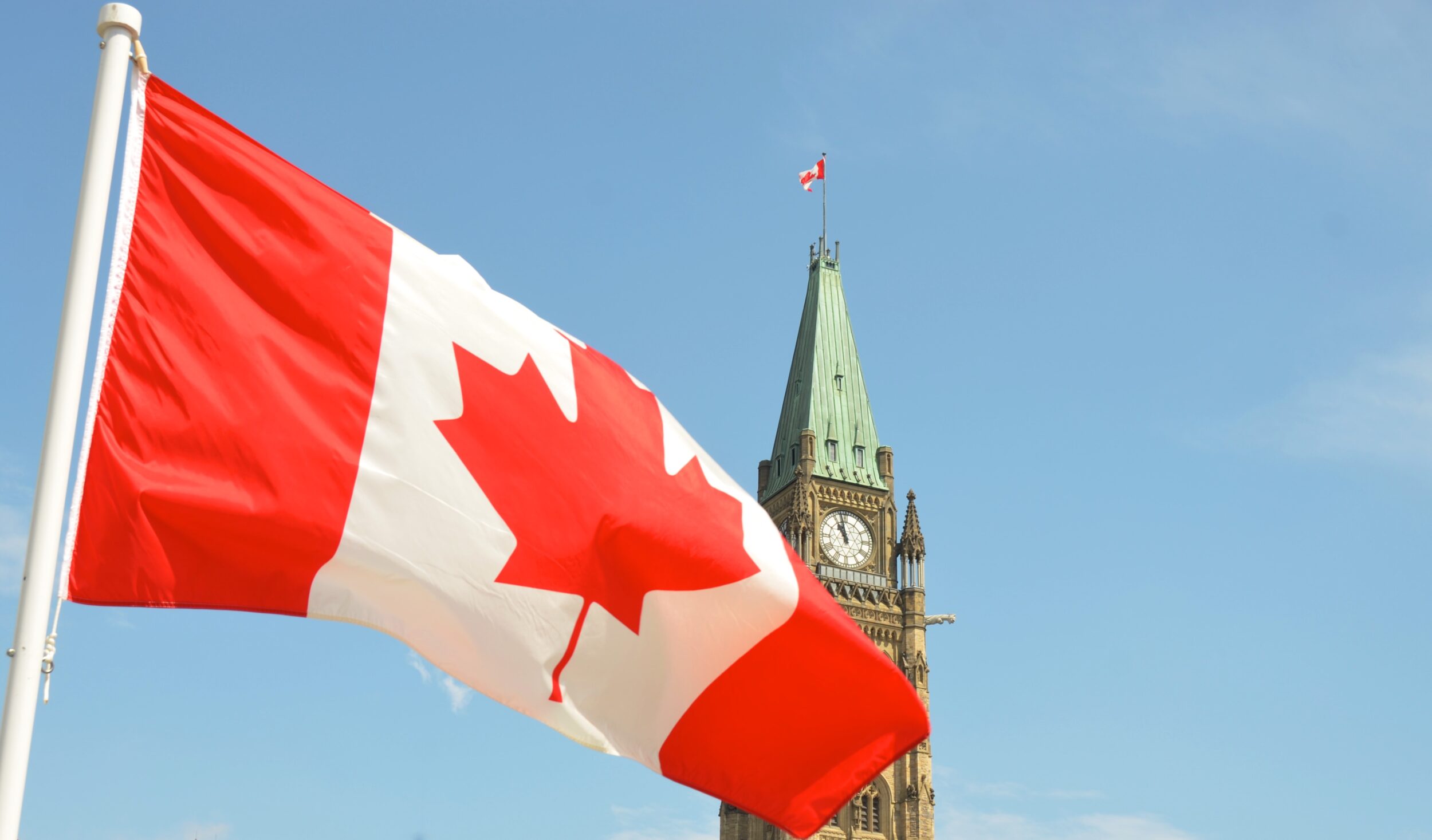” Gone are the days of charging women, trans and non-binary people these costs. “. It is with these words that the Minister of Finance of British Columbia, Katrine Conroy, announced, on Tuesday, February 28, the free distribution from April 1st for most prescription contraceptives. In the list: hormonal pills, implants, injections, intrauterine devices, including IUDs, and the morning-after pill.
“A victory for health and gender equality”
This decision comes in a context in which women’s rights, and in particular reproductive and sexual rights, are in regression around the world, as demonstrated by the latest report by the Jean-Jaurès Foundation and the feminist association Equipop. In the United States, in particular, abortion rights were undermined last year by the cancellation of Roe v. Wading.
To benefit from free access in the province of British Columbia in western Canada, you must therefore be covered by health insurance and present a prescription at a pharmacy. “It’s a win for health and it’s a win for gender equity in our province”, welcomed the minister. It is also new for the country, which is following in the footsteps of others, such as France, the United Kingdom or Germany, which already partially or universally fund contraception.
$10,000 in lifetime savings
At C$25 a month on birth control pills, the provincial government estimates those affected could save up to C$10,000 over their lifetime.
In France, after opening access to free male condoms for 18- to 25-year-olds and the morning-after pill for everyone in January, the government plans to step up screening for some STDs for everyone, without a prescription .
Source: Madmoizelle
Mary Crossley is an author at “The Fashion Vibes”. She is a seasoned journalist who is dedicated to delivering the latest news to her readers. With a keen sense of what’s important, Mary covers a wide range of topics, from politics to lifestyle and everything in between.





